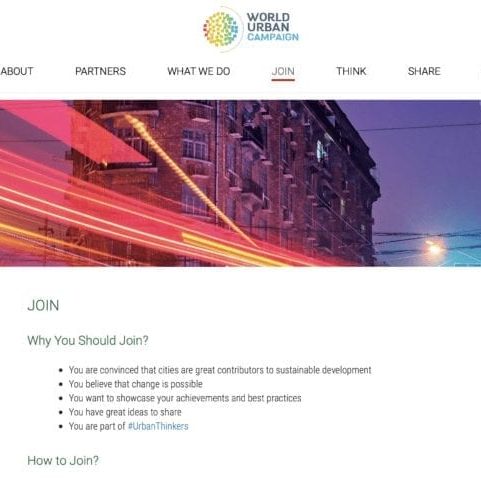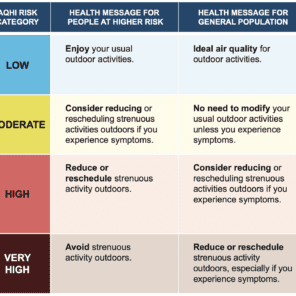Client: UN-Habitat, Nairobi, Kenya
Listing of the client in no way affirms the client's support, sponsorship, or validation in any form of Risk Sciences International or the RSI staff member(s) who conducted this project during their stay with RSI or prior to joining the company. This case study is displayed for informative purposes only to demonstrate the capacity of RSI staff members. This case study reveals no proprietary information or information deemed sensitive.
Building an international alliance and campaign
UN-Habitat sought to establish a new global platform to bring coherence to international dialogue on sustainable urbanization. At the outset, this initiative had no name, no identity, and no governing structure, only the recognition that cities faced pressing challenges requiring collaboration across governments, multilateral agencies, civil society, and the private sector. The client asked for a process that could convene high-level stakeholders, generate consensus on mandate and direction, and build a credible organization from the ground up.
Their request extended beyond conceptual strategy to the practical building blocks of legitimacy: assessment of the risks and operational implications of creating such a bridging organization; facilitation of stakeholder dialogue across diverse institutions, from United Cities and Local Governments to the World Bank and WHO; and design of the campaign’s identity, including its name, logo, mission statement, and governance structure. UN-Habitat also wanted mechanisms such as a steering committee and board in place to ensure credibility with member states and partner organizations.
The culmination of this work was the launch of the World Urban Campaign at the World Urban Forum 5 in Rio de Janeiro in 2010. UN-Habitat’s ultimate aim was not simply a launch event but the establishment of a lasting, multi-stakeholder platform that could drive dialogue, influence policy, and help achieve global commitments, particularly Sustainable Development Goal 11 on sustainable cities and communities.
Experts related to this case study
More RSI Case Studies
RSI presents a very small selection of case studies to highlight some of its key work.




















